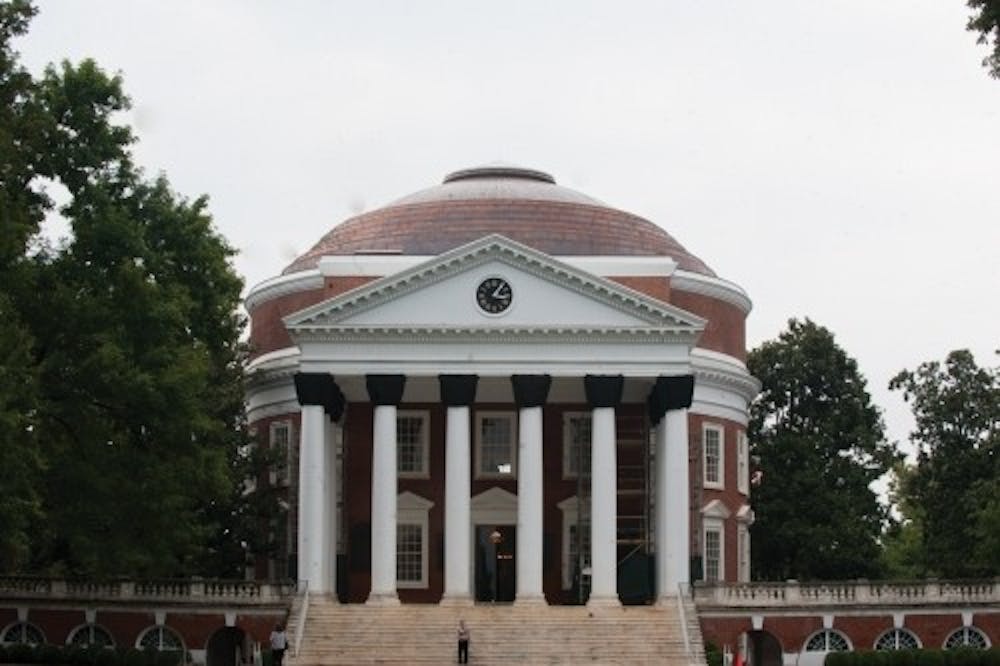The Virginia Transparency in Higher Education bill passed through the House Feb. 5 and was referred to the Senate Committee on Education and Health Feb. 6. The bill — introduced by Del. Timothy D. Hugo, R-Fairfax, on Jan. 14 — would require state colleges and universities to publish financial and academic institutional information in a more accessible format on their webpages to assist students and their families in the college decision-making process.
The bill applies only to the commonwealth’s public universities and entails a number of institutional statistics from the past 10 years, including undergraduate graduation rate, freshman-to-sophomore retention rate, annual percentage increase in tuition costs, mandatory student fees, annual reports, post-secondary education, employment data and the university’s budget.
Hugo said he designed the bill in response to the rising tuition prices and fees at universities in recent years.
The primary aims of the bill are to assist students and families in matching their needs to the costs of state universities and to teach students to be educated consumers when looking at higher education, he said.
“What we’re looking at is a mechanism whereby we can provide information to students and parents so they can find out how much tuition has increased historically over the past few years,” Hugo said. “What this does is allows parents and students to be best informed so they can find a school that best matches up to them.”
If passed in the Senate, the bill may also help to slow growing tuition prices and fees in the future, Hugo said.
“Hopefully it will make colleges think twice about increasing their fees and increasing their tuition, and it makes sure they will keep a tight eye on that,” he said.
Hugo said the responses from public colleges in the commonwealth have been overall supportive, and he hopes every party involved will benefit if the bill passes in the Senate.
“Public schools are affiliated with the government, so I think it’s a win-win for everybody,” he said. “It’s a win for schools hopefully, and it’ll be a win for the families and a win for the students.”
The State Council of Higher Education in Virginia offers various resources to students applying to college or transferring, including details about student debt, financial aid and university profiles. By aiming to provide ample information in helping students make their college decision, SCHEV said they are strongly in favor for the consumer data bill.
Kirsten Nelson, SCHEV director of communication, said the council is looking for ways to efficiently provide information to future students.
“Our biggest problem is getting the information out,” she said. “This bill is one way SCHEV can be assisted in distributing information to the public.”
Nelson said the bill will help students and their families make more informed decisions during the college-seeking process if passed.
The U.S. Department of Education has also been working on a similar system of publicizing institutional information. The federal government’s program entails separating institutions into different tiers and creating a ranking system based on costs, financial aid and retention and graduation rates.
Although the federal government’s plan has not been fully released, Hugo said he found the prospect of further information disclosure to be helpful.
“I really think you’ve got a lot of opportunities,” he said. “You’ve got a lot of challenges; you’re getting ready to probably make one of the biggest decisions of your life of what college to matriculate at. Anything that provides more information to families is good news.”





